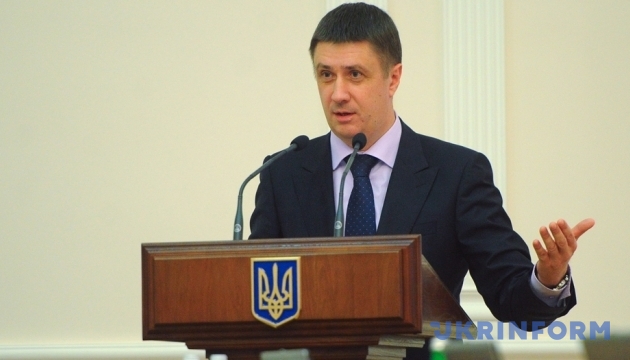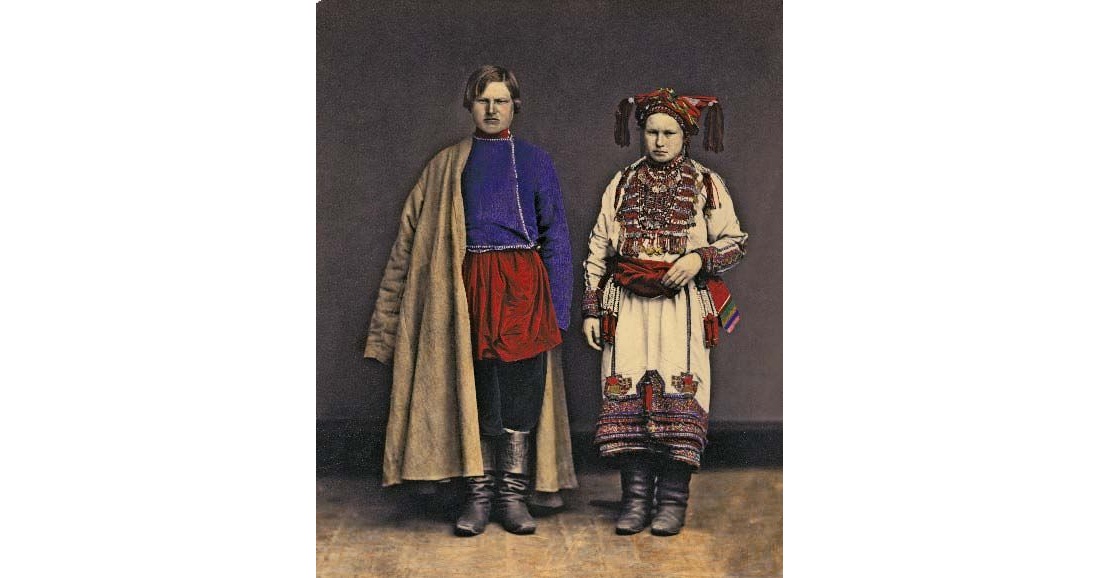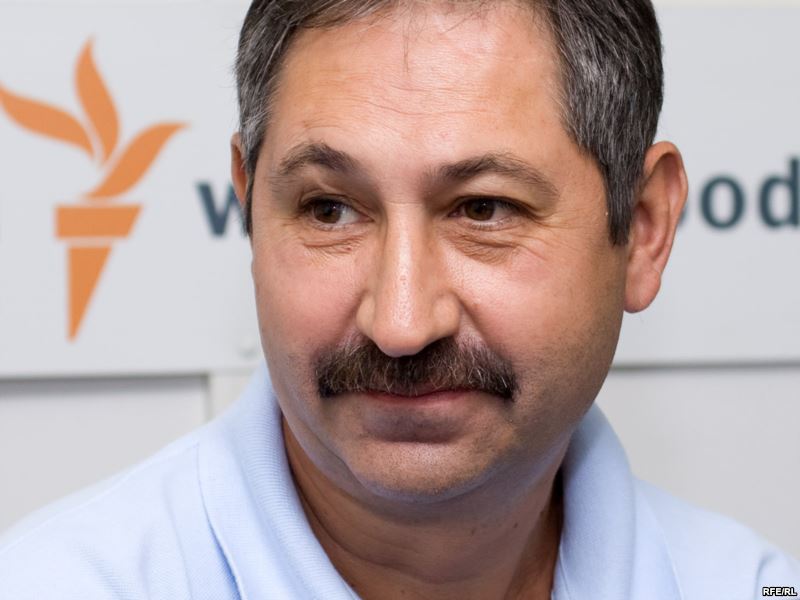Russian officials from Vladimir Putin on down have routinely complained that the Ukrainian authorities discriminate against ethnic Russians in Ukraine while insisting that the two nations are in fact one nation, positions that have attracted widespread international attention and all too often been taken at face value.
Now a Ukrainian official has pointed out something that few Russians and even fewer people in the West recognize:
Beginning at the end of tsarist times, millions of Ukrainians moved into what were considered traditionally Russian areas forming what their residents called “wedges.” The largest and most famous of these was “the green wedge” in the Russian Far East where ethnic Ukrainians in many areas outnumbered ethnic Russians.
In Soviet times, many of these people changed their identity to Russian, both because the regime did not support Ukrainian language schooling and other institutions and because of the greater life chances people who identified as such gained.
Moreover, Soviet census takers and other statisticians accelerated this process by classifying as Russians people who identified as Ukrainians but spoke Russian; and Soviet regulations which typically did not allow people to change their nationality unless they were products of ethnically mixed marriages made an exception in the case of some Ukrainians.
Under these regulations,
Speaking at the Sixth World Forum of Ukrainians on Saturday, Ukrainian Deputy Prime Minister Vyacheslav Kyrylenko raised this issue. He said there are some 10 million ethnic Ukrainians in the Russian Federation but Moscow acknowledges only two million.
The Ukrainian official said that this was the result of Russian state policy which is now “persecuting” ethnic Ukrainians “more than ever before.” In fact, Russian officials admit that there are about five million ethnic Ukrainians in Russia: just under two million permanent residents or citizens and three million more who are working there on more temporary arrangements.
But the question of the fate of ethnic Ukrainians in Russia is important because it is so seldom raised.
- Ever fewer Ukrainians in Russia because of pressure to re-identify as Russians
- A real 'wedge' issue: Ukrainian regions in the Russian Federation
- Russians repress Ukrainians in Far East and threaten to deport Crimean Tatars there
- Russian nationalists oppose Moscow's plan to resettle Ukrainian refugees in Far East.
And just how sensitive this issue is in Russia is suggested by a Svobodnaya pressa commentary from Andrey Ivanov, in which he simultaneously claims that Kyrylenko’s words work against him and acknowledges that there are far more people in Russia with Ukrainian roots than even the Kyiv official said.
Ivanov notes that “in Russia now nationality is not indicated in any documents and during the census, it is ascribed exclusively according to the words of the respondent and then anonymously.” (For recent evidence that this is not in fact the case, see Ethnology Institute Allows Russian Census to Count as Cossacks Only Those Who Speak Russian).
But despite that, the Svobodnaya pressa commentator says, there are data about the number of Ukrainians in Russia; and those data “can work against” Kirilenko’s argument because they show that what is going on is assimilation, the result, Ivanov says, of the attractiveness of Russian identity in Russia today.
“Living in Russia,” he continues, “many Ukrainians have begun to consider themselves ethnic Russians, to a large degree because they do not see a particular difference between the two Slavic peoples.” The same thing, Ivanov adds, is happening with ethnic Russians in Ukraine: Not seeing a distinction, they are adapting to the new reality and call themselves Ukrainians.
Ivanov acknowledges that Kirilenko’s suggestion there are ten million Ukrainians in Russia is “partially correct.” There are few in Russia who do not have distant relatives in Ukraine,” just as “in Ukraine it is hard to meet someone who does not have relatives in Russia.” But in Russia, he argues, “people don’t give particular significance to nationality” while in Ukraine, they do.
In support of his own argument, Ivanov cites the words of Bohdan Bezpalko, the deputy head of the Moscow Center for Ukrainian and Belarusian Studies, and Aleksey Martynov, the head of the Moscow Institute for the New States.
Bezpalko says that the decline in the number of ethnic Ukrainians in Russia is because “people ever more often associate themselves with Russia and identify as ethnic Russians.” That process has been assisted, he suggests, because the Ukrainian government “for the last 25 years” has discredited itself and Ukrainian identity.
The Moscow researcher says that this process of identity change is much more democratic in Russia than it is in Ukraine. In Russia, people have free choice; but in Ukraine, “the government had set as its political goal a reduction in the number of people who consider themselves ethnic Russians to demonstrate the success and attractiveness of the Ukrainian national project.”
Martynov adds that in fact the number of ethnic Ukrainians in the Russian Federation has been going up not only because of the military conflict in the Donbas but also because there is no work. According to him, at the present time, as a result, “half of all the taxi drivers in Moscow are from Ukraine.”
He says that there is no discrimination against Ukrainians in Russia, although he acknowledges that it is “another matter” as far as their “legalization” within the country is concerned. But no one is persecuting them or keeping them out, although perhaps Russians should think about that given the Ukrainian contribution to the Russian criminal world.
Related:
- Hatred being incited towards Ukrainians in Russia
- Ever fewer Ukrainians in Russia because of pressure to re-identify as Russians
- Russia's "Chechen" show trial of Ukrainians, explained | #LetMyPeopleGo
- Moscow's mistreatement of Ukrainians in Russian prisons prompting Kyiv to act
- Ukrainians in Russia remember Ukraine's massacred elite
- A real 'wedge' issue: Ukrainian regions in the Russian Federation
- Russian nationalists oppose Moscow's plan to resettle Ukrainian refugees in Far East
- Russians repress Ukrainians in Far East and threaten to deport Crimean Tatars there
- Ukrainian's strong horizontal ties a serious weakness when it comes to their attitudes about Russians, Shchetkina says
- Russian journalist Valeriy Solovey: What Russians don't like about Ukrainians





